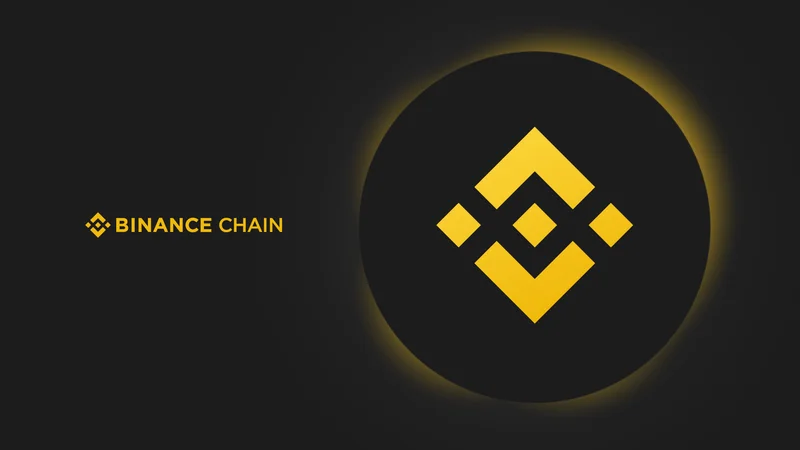Richard Teng, the current Binance CEO, is walking a tightrope. He’s trying to distance the exchange from any perceived quid pro quo involving a Trump-linked stablecoin, USD1, and the pardon of his predecessor, CZ (Changpeng Zhao). The narrative, as Teng presents it, is that Binance had nothing to do with MGX’s decision to use USD1 in a $2 billion investment deal. MGX, he claims, made that call independently.
But let’s pull back the curtain a bit. The Wall Street Journal is reporting that Binance facilitated the settlement and even assisted in building the technology behind USD1. That's a pretty significant discrepancy, isn't it? Teng says USD1 was already listed on other exchanges. Sure, but what’s the trading volume like on those other exchanges? Was Binance the primary driver of USD1's liquidity? These are the questions that need answering.
The timing here is just… unfortunate. Two weeks before the White House signed a major agreement with the U.A.E. on access to American microchips, MGX (an Abu Dhabi-based firm) purchased $2 billion in USD1 tokens. And then there's the fact that a Trump-affiliated firm and members of the Trump family directly benefit from World Liberty Financial's revenue. (The specifics are outlined on their website, if you're interested in wading through the legalese).
I've looked at hundreds of these filings, and this particular arrangement—where the beneficiaries are so closely tied to a political figure—is unusual, to say the least.
Senator Elizabeth Warren is calling it corruption, and while that may be hyperbole, the optics are undeniably terrible. Even Donald Trump Jr.’s dismissal of concerns doesn’t exactly inspire confidence. The whole thing feels… messy.

Binance insists that they were just one of many exchanges listing USD1. But it's not just about the listing; it's about the volume of transactions, the degree to which Binance promoted the stablecoin, and the timing of everything. And this is the part of the report that I find genuinely puzzling – if Binance truly had nothing to gain, why even list a stablecoin with such obvious political baggage?
Teng stated that Binance and the crypto industry “were very thankful” to Trump for the pardon and for signaling that the U.S. will be the “global crypto capital of the world.” That’s a remarkably candid statement. It’s one thing to be grateful for a pardon; it’s another to openly thank a political figure for creating a favorable regulatory environment. Binance CEO dismisses claims the firm boosted a Trump crypto venture ahead of CZ pardon - CNBC
Here's my methodological critique: how do you even quantify "thankfulness" in an industry? You can’t. It’s a subjective sentiment masquerading as an objective assessment. But it does reveal a certain alignment of interests. Trump embracing crypto, rolling back enforcement actions – it all benefits Binance.
Trump said he pardoned Zhao “at the request of a lot of very good people” and that he knew nothing about him. Fine. But the fact remains that CZ pleaded guilty to enabling money laundering, and now he's been given a free pass. It sends a signal, intentional or not, that regulatory compliance is… negotiable.
The numbers, or rather the lack of transparent numbers, are the problem. We don’t have clear data on USD1 trading volume on Binance versus other exchanges. We don’t have insight into the specific agreements between Binance and MGX. We’re left with circumstantial evidence and a whole lot of unanswered questions.
It’s like trying to analyze a company’s financials when half the ledger is missing. You can make educated guesses, but you can’t draw definitive conclusions. And in this case, the educated guesses aren’t exactly flattering.